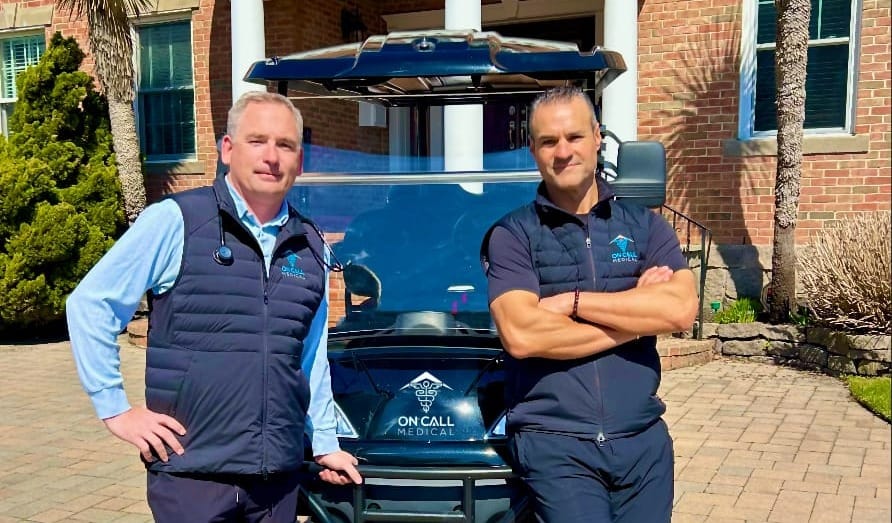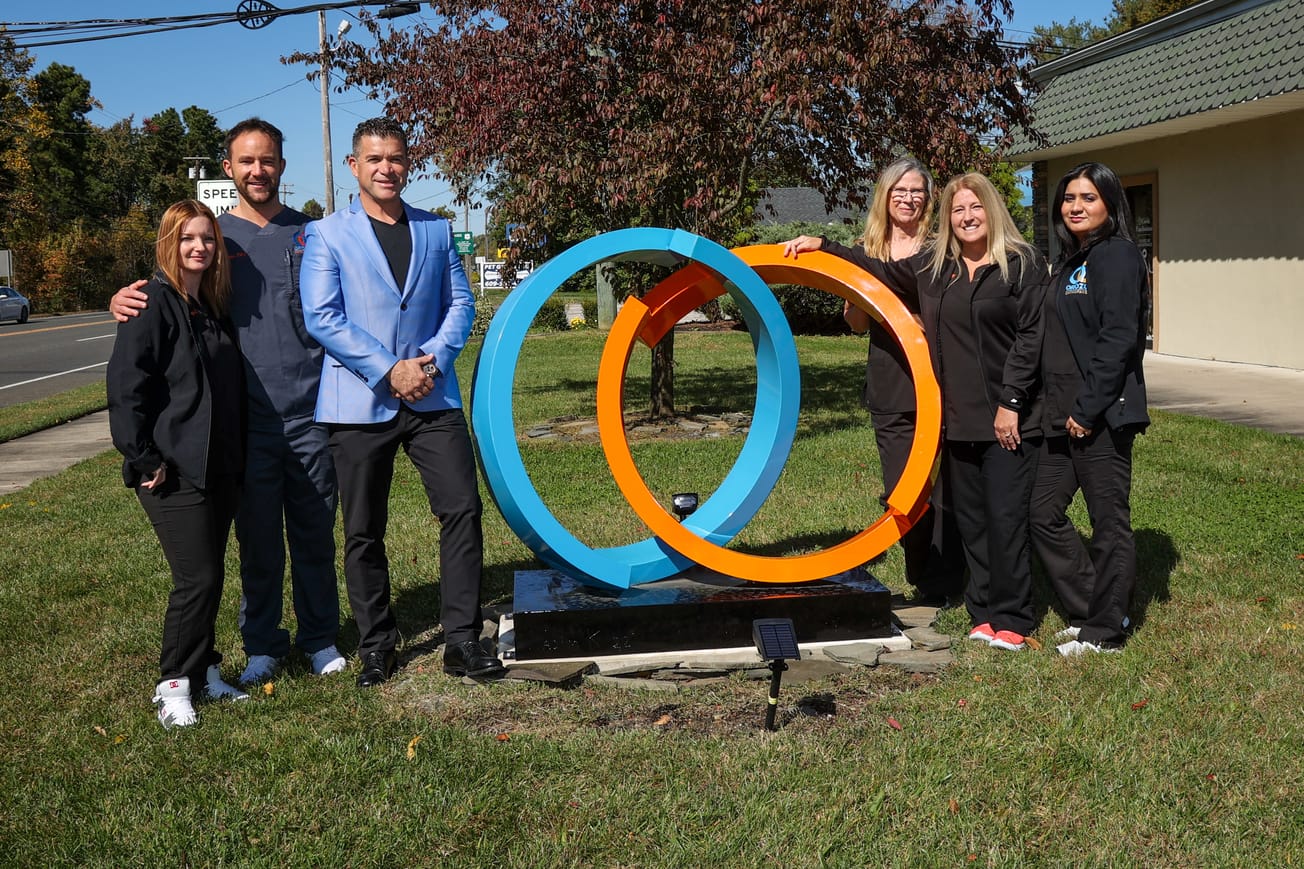"Will you still need me? Will you still feed me when I’m 64?" This famous lyric from The Beatles’ classic song speaks to the universal concern of aging. As we advance in years, the question of how we will be cared for becomes increasingly important. Families often face the crucial decision of finding the best care for their loved ones. The choice generally centers around in-home care versus nursing homes, with many opting for in-home care based on its personalized services, emotional benefits, and financial advantages.
Galloway resident Marta De Armas, age 76, and her husband, age 84, knew they wanted to remain in their home as they aged. Marta struggles with systemic lupus and arthritis, as well as an injury that makes it difficult for her to use one arm. After surgery a few years ago, Marta contacted Comfort Keepers. Their full-time nurse developed a care plan to help her with daily tasks, such as light cleaning, laundry, meal preparation, and personal care. She says the care she receives three days a week is a godsend. She and her husband enjoy the company of their caregiver, who has become part of the family. Marta believes it has helped her to remain independent in her home. She reflects, “If I did not get all of the help I have, I would probably be in a wheelchair. They are always concerned about us. They are a blessing.” While her sons want her to move closer to them in North Jersey, Marta is hesitant. “I know I am in good hands with Comfort Keepers, and I don’t know what would happen there… I would move if I could take Comfort Keepers with me!”
Kelly Marrero, owner of Comfort Keepers in Atlantic and Cape May counties, became involved in the business fourteen years ago. She was motivated by a personal tragedy involving her grandmother, who was sent to a nursing home. Three days after she moved in, she did not show up for breakfast or lunch. By the time someone opened her door, she was lying on the floor. Her grandmother had a massive stroke and, sadly, did not survive. From that moment, Kelly vowed to make life better for people as they age. At Comfort Keepers, everyone is an employee, not a contractor. They are trained, vetted, and background-checked. They work under the guidance of a nursing director to ensure attentive and personalized care. In addition to being licensed by the state of New Jersey, they have a minimum of 40 hours of training every year. Kelly reveals, “Most of them have come out of facilities where they were overworked, underpaid, and underappreciated. So, when you get someone to care for you like we care for Marta, you get our undivided, professional attention.”
The pandemic highlighted the challenges nursing homes face. Many caregivers resigned without being replaced, leaving these facilities understaffed. “It was bad before; it got horrible during COVID-19, and it is no better today,” according to Kelly. It is a sharp contrast to the care she provides through Comfort Keepers, “You want to stay in the safety of your own home with respect and dignity. You want someone to give you care that is tailor-made for you. We can take you to doctor appointments, grocery shopping, whatever you need, and it is a fraction of the cost of a long-term care facility.” According to AARP, “Medicare does not cover the cost of any type of long-term care, whether you are in a nursing home, assisted living community, or your own home.” Medicare’s limitations on covering long-term care costs mean many people must turn to private pay or long-term care insurance. The situation is even worse for low-income Medicaid residents. Only five percent of nursing home beds are reserved for these residents, making it extremely difficult for them to find a facility.
In-home care allows seniors to remain in the familiar environment of their own homes, surrounded by memories and personal belongings. This familiarity can be incredibly comforting for those with cognitive conditions like dementia, who benefit from a stable environment. Unlike nursing homes, in-home care offers flexible scheduling to accommodate the varying needs of seniors, from a few hours a week to round-the-clock assistance. This flexibility extends to the level of care provided, whether it is help with daily activities or more intensive medical support. With a dedicated caregiver, clients form a bond and trusting relationship that can be difficult to achieve in the rotating staff environment of a nursing home. Plus, in-home care can be more economical, particularly for those who do not require 24/7 supervision. It also eliminates the expenses associated with moving to a residential facility. Empowering seniors to maintain a level of independence, and in-home care contributes to their sense of dignity and self-worth. The ability to continue participating in daily routines can profoundly impact their mental and emotional well-being.
Choosing between in-home care and nursing homes is deeply personal and depends on individual circumstances. However, the benefits of in-home care — personalized attention, comfort, flexibility, and cost-effectiveness — make it a compelling option for many families.









